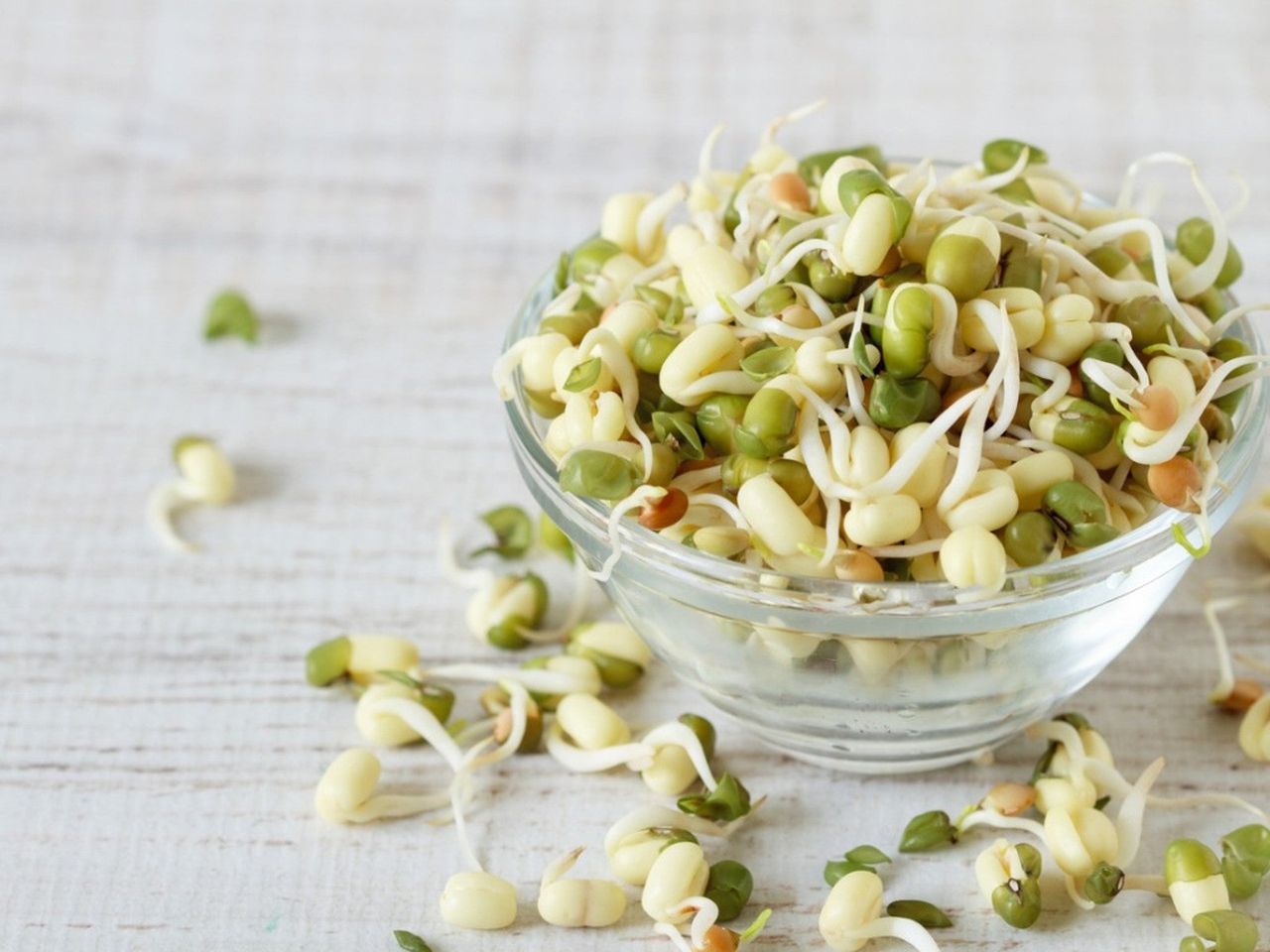Seeds For Growing Sprouts - What Seeds Make Good Sprouts For Salads


Many Americans have seen alfalfa and mung bean sprouts on salad bars, as sandwich toppings and in the grocery stores. Perhaps, you've even grown these sprouts at home. But did you know that you can use many different kinds of seeds for growing sprouts?
What Seeds Make Good Sprouts?
There's no doubt that the mild flavor of both mung bean and alfalfa sprouts has contributed to their decades-old popularity in mainstream food culture. But germinating other types of seeds for sprouts can add a variety of flavor palates to your culinary dishes.
Consider substituting cabbage or kale sprouts to your next stir-fry in place of shredded cabbage. The flavor is similar, but the sprouts will impart a different texture to the dish. Or try using fresh mustard or radish sprouts to add a peppery zest to your next wrap or salad. Don't be afraid to experiment. The best seeds for sprouts are those whose flavor you enjoy.
Choosing Safe Seeds for Sprouts to Eat
For many common garden vegetables, it's safe to germinate their seeds for sprouts to eat. Ones to avoid include veggies whose stems, leaves or roots are poisonous or toxic. For this reason, members of the nightshade family, such as tomatoes, peppers, eggplant and potatoes, should never be used as seeds for growing sprouts.
The best seeds for sprouts are those specifically marketed for this purpose. Consumers may find health food stores stock the largest selection of seeds for growing sprouts, Food quality-seeds, like corn kernels, dried beans or wheat, can also be used. These can be purchased at the grocery store or harvested from one's own garden. But avoid using seeds marketed for growing garden veggie plants. These are often treated with pesticides or fungicides and are not safe to use.
Finally, be sure to follow safe-practices and proven methods for growing sprouts. The warm, humid environment needed to germinate sprouts is also conducive for growing bacteria like salmonella and E. Coli. Germinating seeds for sprouts to eat fresh can be particularly risky. Cooking lessens this risk and is recommended for all types of grain and starchy bean sprouts.
Different Types of Seeds for Sprouts
If you're looking to experiment in the kitchen, try these seeds for growing sprouts:
Gardening tips, videos, info and more delivered right to your inbox!
Sign up for the Gardening Know How newsletter today and receive a free copy of our e-book "How to Grow Delicious Tomatoes".
- Adzuki (Vigna angularis)
- Alfalfa (Medicago sativa)
- Beets (Beta vulgaris)
- Beans (Phaseolus spp.)
- Broccoli (Brassica oleracea)
- Buckwheat (Fagopyrum esculentum)
- Cabbage (Brassica oleracea)
- Chia (Salvia hispanica)
- Chives (Allium schoenoprasum)
- Corn (Zea mays)
- Red Clover (Trifolim pratense)
- Garden Cress (Lepidium sativum)
- Fenugreek (Trigonella foenum-graecum)
- Garbanzo (Cicer arietinum)
- Kale (Brassica oleracea)
- Lentil (Lens culinaris)
- Mung (Vigna radiata)
- Mustard (Brassica nigra)
- Peas (Pisum sativum)
- Radish (Raphanus sativus)
- Rye (Secale cereale)
- Soybean (Glycine max)
- Spelt (Triticum spelta)
- Black Sunflower (Helianthus annus)
- Turnip (Brassica rapa)
- Wheat (Triticum spp.)

Laura Miller has been gardening all her life. Holding a degree in Biology, Nutrition, and Agriculture, Laura's area of expertise is vegetables, herbs, and all things edible. She lives in Ohio.